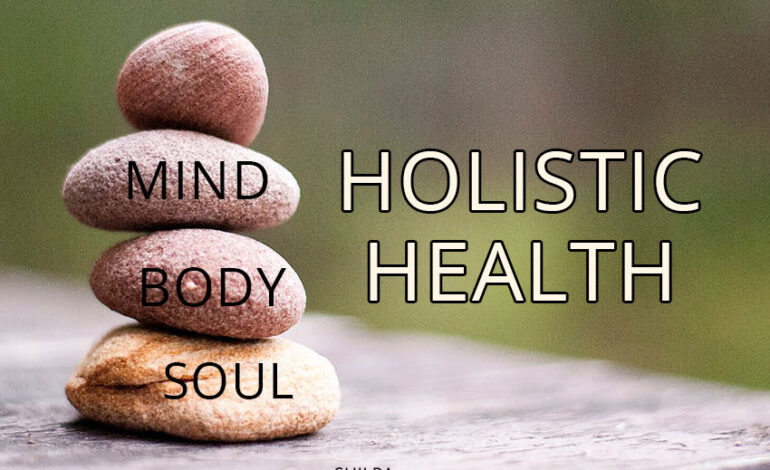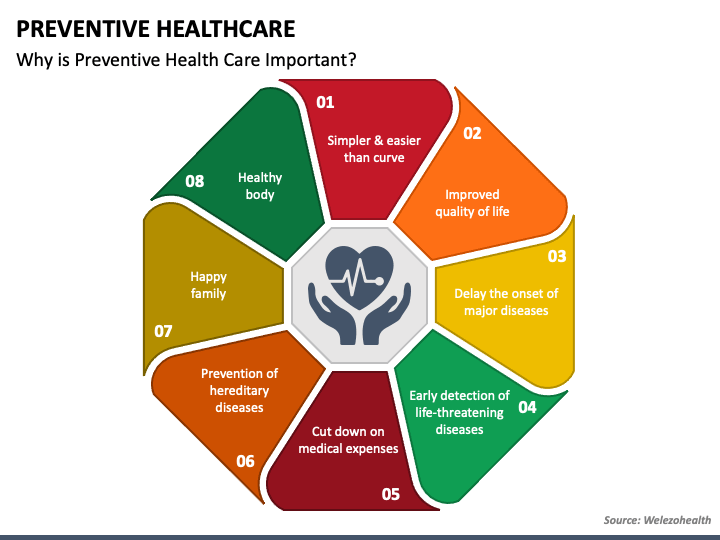Health & Lifestyle Harmony

The Symbiotic Relationship of Health and Lifestyle
We often hear the terms “health” and “lifestyle” used in conjunction, but do we truly understand their intricate connection? They aren’t separate entities; rather, they exist in a dynamic, symbiotic relationship. Your lifestyle *shapes* your health, and conversely, good health *enables* a more fulfilling and vibrant lifestyle. This post will delve deep into this fascinating interplay, exploring various aspects of lifestyle that impact health and how prioritizing both can lead to a richer, longer, and happier life.
What Does “Lifestyle” Really Encompass?
When we talk about lifestyle, it’s easy to just think of exercise and diet. However, the concept is far broader than that. Lifestyle encompasses *all* aspects of your daily routine and habits – everything you do from the moment you wake up until you go to sleep (and even what you do in your dreams!). Let’s break down some key components:
- Diet & Nutrition: This is arguably the most discussed aspect, but it’s more than just counting calories. It’s about the *quality* of the food you eat – whole, unprocessed foods versus heavily processed alternatives.
- Physical Activity: This isn’t limited to hitting the gym. It includes everything from walking and gardening to playing sports and taking the stairs instead of the elevator.
- Sleep: Often overlooked, sleep is *vital* for repair, restoration, and overall well-being. Chronic sleep deprivation has serious consequences for both physical and mental health.
- Stress Management: Chronic stress wreaks havoc on your body. Learning healthy coping mechanisms – meditation, yoga, spending time in nature – is crucial.
- Social Connections: Human beings are social creatures. Strong relationships with family, friends, and community contribute significantly to mental and emotional health.
- Hobbies & Leisure: Engaging in activities you enjoy provides purpose, reduces stress, and improves overall quality of life.
- Environmental Factors: Your surroundings – air quality, exposure to toxins, access to green spaces – all impact your health.
How Lifestyle Choices Directly Impact Health
Let’s examine how specific lifestyle factors influence our health. The connections are surprisingly profound:
- Diet & Cardiovascular Health: A diet high in saturated fats, trans fats, and sodium increases the risk of heart disease, stroke, and high blood pressure. Conversely, a diet rich in fruits, vegetables, whole grains, and lean protein promotes cardiovascular health.
- Physical Activity & Metabolic Health: Regular physical activity helps regulate blood sugar levels, improves insulin sensitivity (critical for preventing type 2 diabetes), and maintains a healthy weight. Sedentary lifestyles dramatically increase the risk of metabolic syndrome.
- Sleep & Immune Function: During sleep, our bodies produce cytokines, proteins that help fight inflammation and infection. Sleep deprivation weakens the immune system, making us more susceptible to illness.
- Stress & Mental Health: Chronic stress elevates cortisol levels, which can lead to anxiety, depression, and burnout. Effective stress management techniques are essential for maintaining mental well-being.
- Social Connection & Longevity: Studies consistently show that individuals with strong social support networks live longer and have better overall health outcomes. Isolation and loneliness are linked to increased risk of mortality.
Creating a Healthier Lifestyle – Practical Steps You Can Take
The good news is, it’s *never* too late to improve your lifestyle and, in turn, enhance your health. Here are some actionable steps you can take, starting small and building momentum:
- Start Small with Diet: Instead of trying a drastic overhaul, begin by adding one serving of fruits or vegetables each day. Swap sugary drinks for water.
- Incorporate Movement: Aim for at least 30 minutes of moderate-intensity exercise most days of the week. Find an activity you enjoy – dancing, hiking, cycling – to make it sustainable.
- Prioritize Sleep: Establish a regular sleep schedule, create a relaxing bedtime routine, and ensure your bedroom is dark, quiet, and cool.
- Practice Mindfulness: Even 5-10 minutes of daily meditation can significantly reduce stress levels. There are many free apps available to guide you.
- Nurture Relationships: Make time for friends and family. Join a club or group that aligns with your interests.
- Limit Screen Time Before Bed: The blue light emitted from electronic devices interferes with melatonin production, making it harder to fall asleep.
- Hydrate Regularly: Water is essential for virtually every bodily function. Carry a water bottle and sip throughout the day.
The Long-Term Benefits of a Holistic Approach
Adopting a lifestyle that prioritizes both health and well-being isn’t just about feeling good *now*; it’s an investment in your future self. The long-term benefits are substantial:

- Increased Longevity: Studies consistently demonstrate that healthy lifestyles contribute to a longer lifespan.
- Reduced Risk of Chronic Diseases: A proactive lifestyle significantly lowers the risk of developing chronic conditions like heart disease, diabetes, and some cancers.
- Improved Mental Health & Emotional Resilience: Managing stress, nurturing relationships, and engaging in enjoyable activities promotes emotional stability and resilience.
- Enhanced Quality of Life: Feeling healthy and vibrant allows you to fully participate in life’s experiences and pursue your passions.
- Increased Energy Levels: Consistent healthy habits lead to more energy throughout the day.
Conclusion: Your Lifestyle – Your Greatest Asset
Ultimately, your lifestyle is a powerful tool for shaping your health and overall well-being. It’s not about perfection; it’s about making conscious choices that support your long-term goals. By understanding the symbiotic relationship between health and lifestyle and taking small, consistent steps towards improvement, you can unlock a future filled with vitality, happiness, and resilience. Remember, every positive choice, no matter how small, contributes to a healthier and more fulfilling life.



